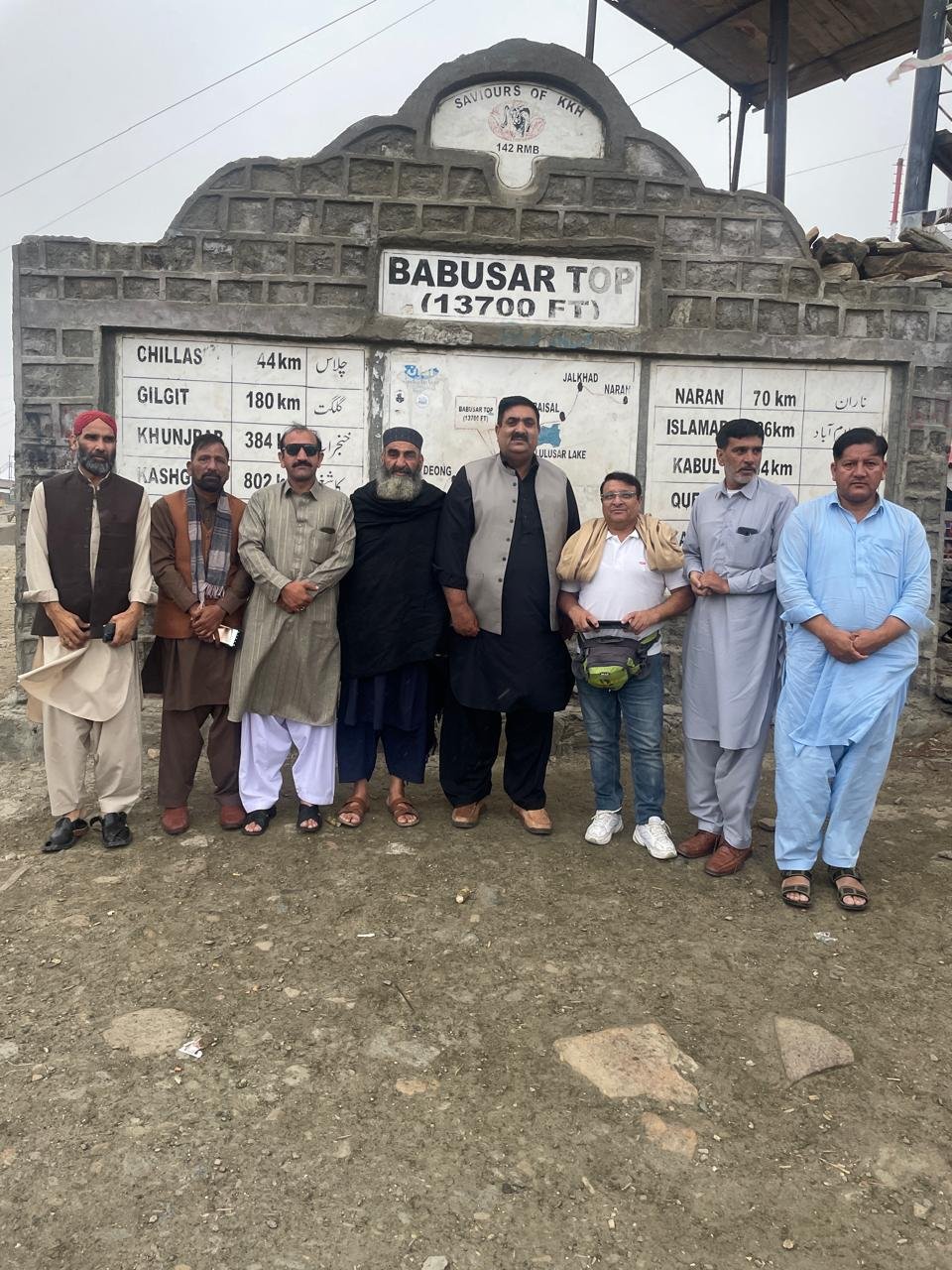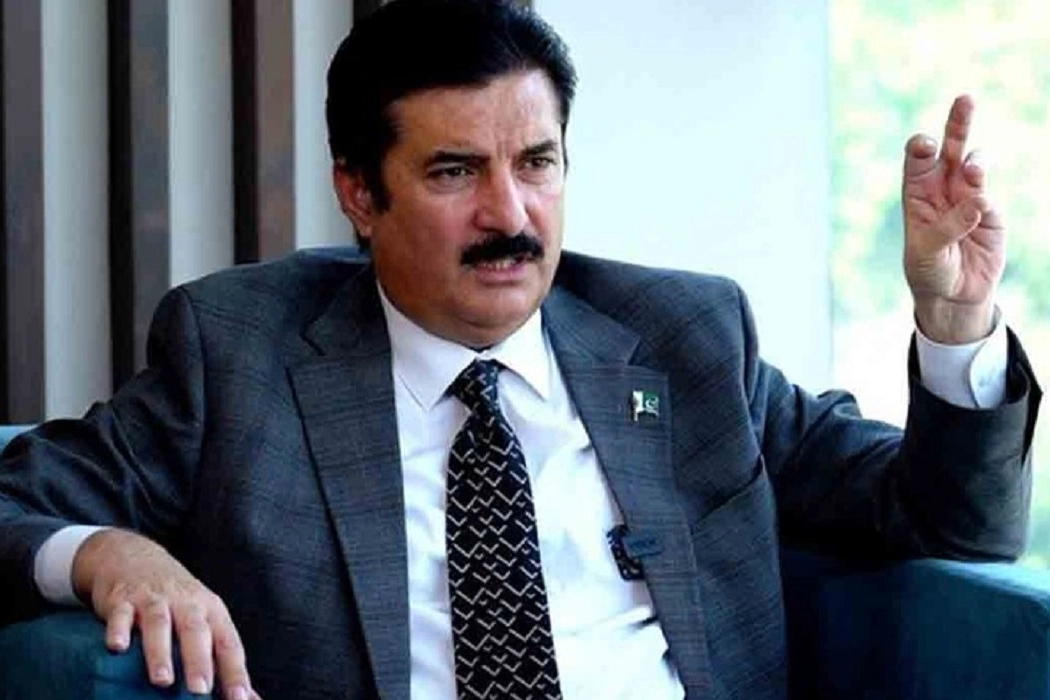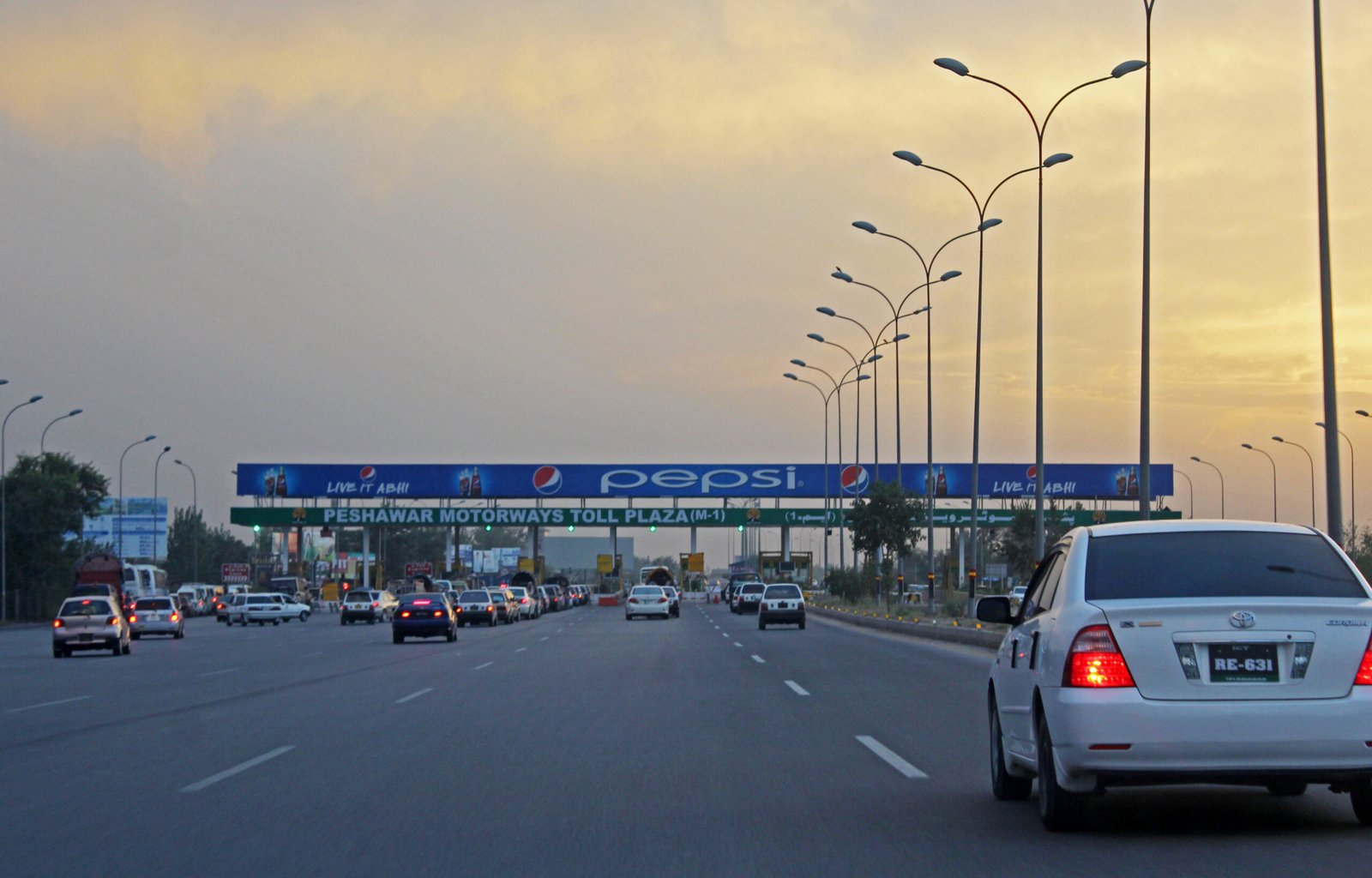Abbottabad: A 25-member delegation from the Abbottabad Union of Journalists and Press Club has embarked on a five-day Abbottabad journalists climate tour to Gilgit, Hunza, and Khunjerab-Attabad. The tour, organized by WWF Pakistan, will explore the effects of climate change on development projects and the economy.
The delegation includes President Press Club Sardar Naveed Alam, President Abbottabad Union of Journalists Atif Qayyum, and WWF Pakistan officials. On the first day, the journalists traveled from Abbottabad Press Club via Naran Babu Sar Top to reach Gilgit.
President Abbottabad Union of Journalists Atif Qayyum stressed the urgent need for investigative reporting on climate change. He said Pakistan faces severe climate challenges and ranks among the most affected countries. Therefore, the tour will help journalists identify the causes of climate change. It will also raise public awareness and suggest practical solutions to reduce environmental and human risks.
During the tour, journalists will visit WWF Pakistan’s projects on Water Resource Accountability, wildlife conservation, and climate change mitigation. Furthermore, the visit will allow participants to observe the impact of climate change on CPEC projects and other development initiatives firsthand.
Members of the Executive Council of Abbottabad, Press Club officials, and journalists from Khushab, Joharabad, Son Valley, and Nowshera are also participating. In addition, attendees described the tour as highly informative. It will help improve their reporting skills on climate and environmental issues.
The Abbottabad journalists’ climate tour reflects a growing commitment to responsible journalism. It covers development while addressing climate impacts on society and the economy.
Such study tours are vital amid the global climate crisis. Pakistan faces rising temperatures, floods, and glacier melting, affecting agriculture, water resources, and infrastructure. Moreover, these tours provide journalists with the knowledge to report responsibly. They also help inform the public and guide communities to understand and respond to climate challenges effectively.









